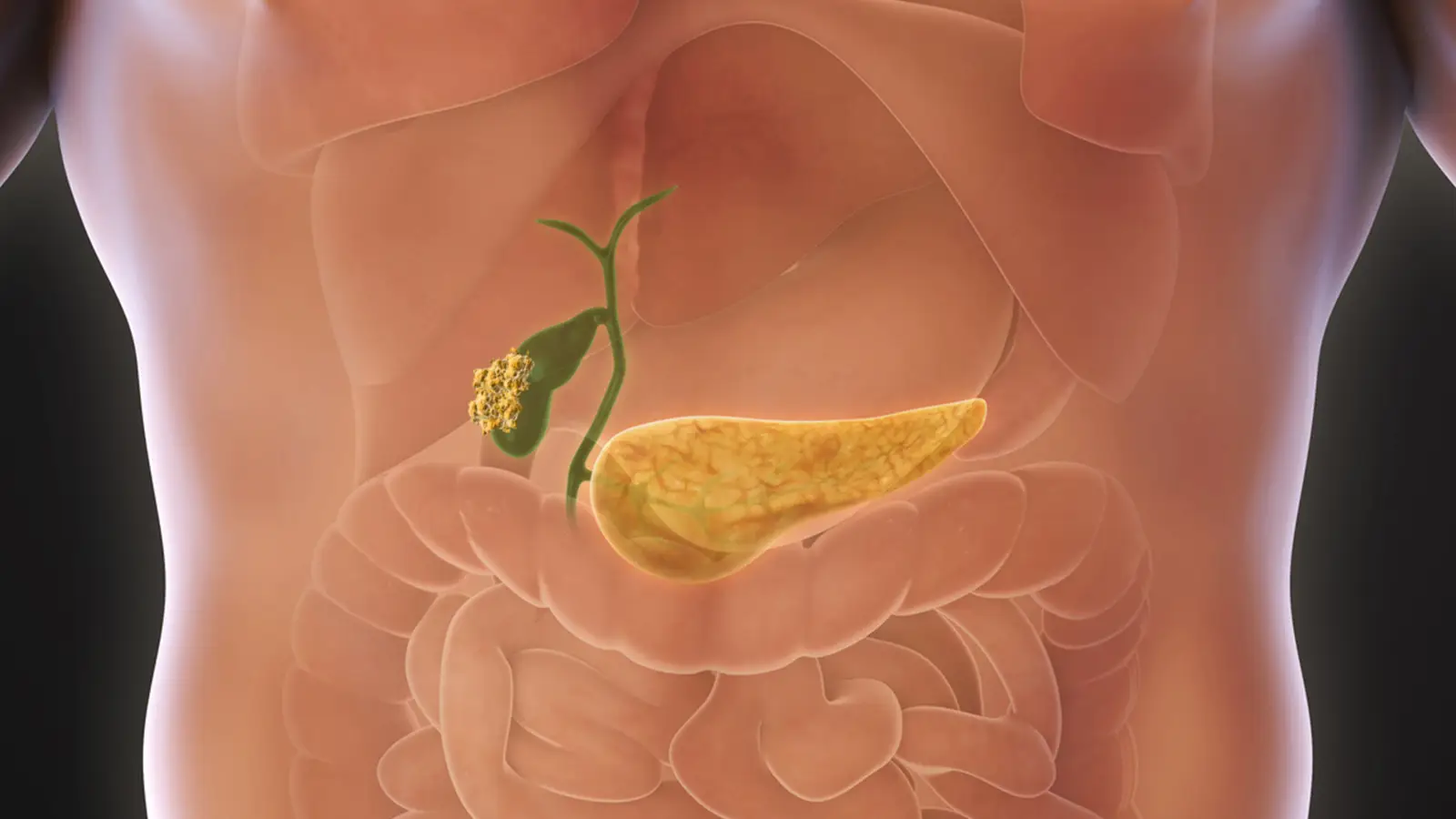What Is Gallbladder Cancer?
Gall bladder is a small pear shaped organ that is responsible for storing the bile. It is a digestive fluid that ensures proper breakdown of the food materials. The gallbladder is located just beneath the liver. Gallbladder cancer, generally, does not exhibit any symptoms at an early stage. If diagnosed at an early stage, it may be cured but at an advanced stage, the prognosis becomes difficult. Further, being relatively hidden also makes it difficult to detect the disease.
Book Consultation
What Are The Causes Of Gallbladder Cancer?
The causes of gallbladder cancer need to be understood in detail in order to provide with ayurvedic gallbladder treatment.
- The healthy and normally functioning cells of the gallbladder may undergo changes referred to as genetic mutations. These changes cause the cells to grow out of control and form lump. They can also spread to other parts of the body.
- It has been observed that gallbladder cancer is more likely to develop in women than men. Also, with the increasing age, the risk factor increases.
- If someone is dealing with the history of gallstones, the chances of getting hit with gallbladder cancer are high.
- Other conditions of gall bladder like chronic inflammation, polyps, and infections may lead to development of gallbladder cancer.
- Issues like primary sclerosing cholangitis that leads to inflammation of bile ducts are among factors for gallbladder cancer. Primary sclerosing cholangitis leads to draining of bile from liver and gallbladder.
What are the types of Gallbladder Cancer?
The gall bladder cancer types depend on which cell they start in.
- Adenocarcinoma
It is the most commonly occurring type of gallbladder cancer. It occurs in the gland cells that are present in the lining of the gallbladder. The glands are responsible for the production of thick fluid called mucus.
The adenocarcinoma has three types, that is, non papillary adenocarcinoma, papillary adenocarcinoma, and mucinous adenocarcinoma. Papillary carcinoma occurs in connective tissues that hold gall bladder in place. In the case of mucinous carcinomas, the cancer cells appear as the pools of mucus.
- Squamous Cell Cancer
As the name suggests, the cancer cells develop in the squamous cells present in the lining of the gallbladder.
- Adenosquamous Cancer
Adenosquamous cancer develops in both glandular and squamous cells. This is termed a case of mixed histology.
- Small cell cancer
Small cell cancer or oat cell carcinomas are another type that resemble an oat.
- Sarcoma
Sarcoma refers to the cancer that develops in the protective tissues of the body. The tumour cells occurring in the muscle layer of the gallbladder refers to the condition of sarcoma. Usually, the connective tissue consists of blood vessels, muscles, and nerves.
What Are the Signs and Symptoms of Gallbladder Cancer?
The common symptoms observed in gallbladder cancer patients are:
- Abdominal bloating
- Abdominal pain occurring in upper right area of the the abdomen
- Whites of eye along with yellowing of the skin, that is, signs of jaundice
- Unintended weight loss
- Fever
- Nausea and vomiting
- Abdominal lumps
Why opt for Karma Ayurveda?
Karma Ayurveda helps in dealing with the issues with a positive approach. Being one of the oldest systems of medicine, Ayurveda incorporates a lot of hypotheses and concepts that have been received in the modern age. It holds the ability to reduce the symptoms and issues that a particular disease is causing. Our Ayurvedacharyas ensure that the use of medicinal herbs and therapies is done in a proper manner.
Use of several therapies has been known in Ayurveda like Panchkarma therapies, massage therapy, and the use of products like Guggul, Curcumin, Ashwagandha, and Chander Prabha Vati are known to be beneficial in the cases of cancer. These herbs enhance the internal purification process and offer varied healing methods to the individual.
As per the Ayurvedic texts, the Vata dosha is responsible for the abrupt division of the cells. Ashawagandha, Guggul, Tulsi, Curcumin, and Chandraprabha Vati are known to be beneficial in the cases of cancer. Use of techniques like Uttara Basti, Yoni Puran karma, and Yoni Prakshalan Karma can also be done to treat cancerous situations.

